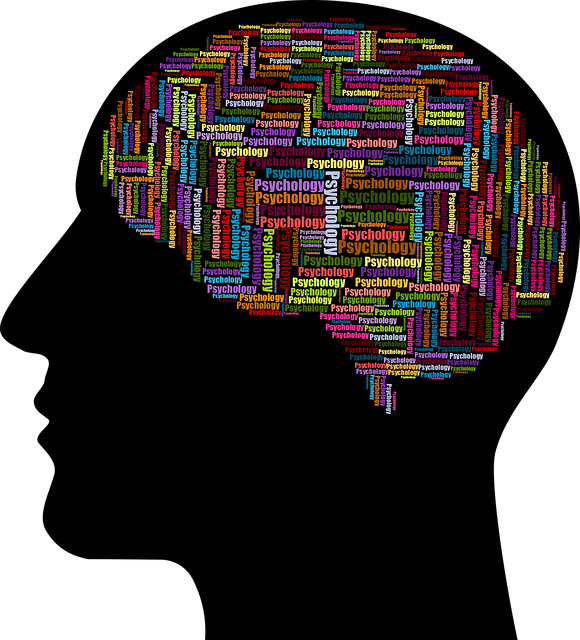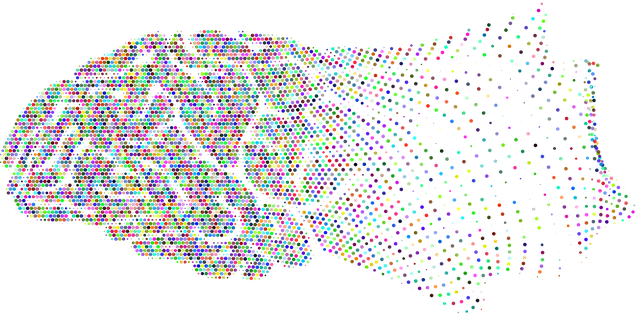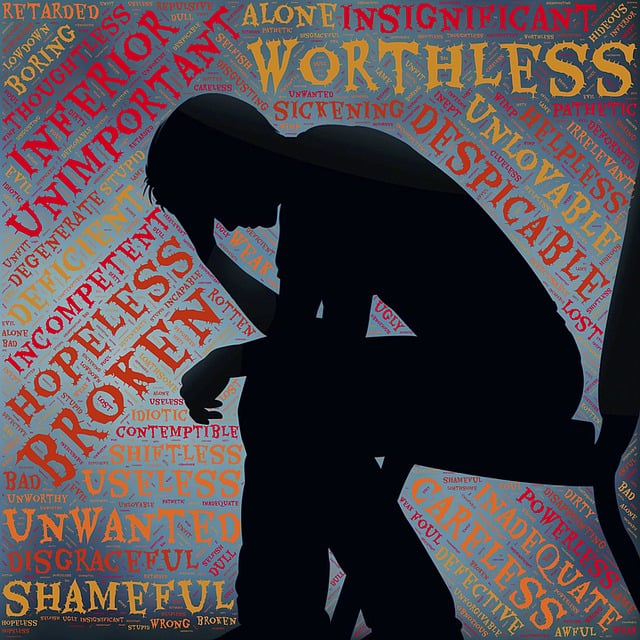Media representation of mental illness profoundly impacts public understanding, with accurate portrayals guided by evidence-based practices like Longmont Exposure and Response Prevention Therapy (ERPT) crucial for advancing mental wellness coaching programs. ERPT aids individuals in managing fears linked to trauma, enhancing mood management skills and promoting empathy. By incorporating professional insights and lived experiences, media can destigmatize mental health conditions and encourage help-seeking behaviors. This shift is vital for fostering an inclusive society, inspiring effective interventions like long-term mood management strategies, and challenging negative stereotypes perpetuated by inaccurate media portrayals.
In today’s media landscape, accurate representation of mental illness is crucial for fostering understanding and reducing stigma. This article delves into the challenges posed by stereotypical and misinformation-laden portrayals, highlighting their detrimental impact on public perception. We explore Longmont Exposure and Response Prevention Therapy (ERP) as an effective approach to challenge these negatives. Additionally, we offer strategies for compassionate media representation and emphasize the role of media literacy in driving positive change.
- Understanding Mental Illness Representation in Media
- The Impact of Stereotypes and Misinformation
- Longmont Exposure and Response Prevention Therapy (ERP): An Effective Approach
- Strategies for Accurate and Compassionate Portrayal
- Fostering Positive Change through Media Literacy
Understanding Mental Illness Representation in Media

Media representation of mental illness plays a significant role in shaping public understanding and perceptions. It’s crucial to recognize how media narratives can either perpetuate harmful stereotypes or foster empathy and awareness. Accurate portrayal, led by evidence-based practices like Longmont Exposure and Response Prevention Therapy (ERTP), is essential for promoting mental wellness coaching programs development. This therapeutic approach, which has gained prominence in trauma support services, focuses on helping individuals confront and manage their fears associated with traumatic events, thereby enhancing mood management skills.
By incorporating insights from professionals and individuals living with mental health conditions, media can contribute to destigmatization and encourage help-seeking behaviors. Understanding the impact of media representation is a crucial step towards creating a more inclusive and supportive society for those dealing with various mental health challenges. This shift in narrative can also inspire the development of effective interventions like long-term mood management strategies.
The Impact of Stereotypes and Misinformation

The media’s portrayal of mental illness often perpetuates harmful stereotypes and misinformation, which can significantly impact public understanding. These stereotypes typically present mental health conditions as either rare and extreme or as a sign of weakness, further marginalizing individuals already facing challenges. Such representations rarely capture the complexity and diversity of mental illness, leading to misinformed attitudes and behaviors that can deter people from seeking help.
Longmont Exposure and Response Prevention Therapy (ERP) offers a promising approach to combating these issues. By focusing on empathy-building strategies, these programs aim to educate the public about various mental health conditions, fostering an environment of understanding and support. Additionally, mental wellness coaching programs can play a crucial role in burnout prevention by promoting self-care practices and resilience among individuals at risk or already struggling with their mental health.
Longmont Exposure and Response Prevention Therapy (ERP): An Effective Approach

Longmont Exposure and Response Prevention Therapy (ERP) has emerged as a highly effective approach in addressing mental illness representation in media. By focusing on desensitizing individuals to traumatic or stressful stimuli, ERP helps patients confront and overcome their fears in a controlled environment. This therapy is particularly powerful for those suffering from anxiety disorders, post-traumatic stress disorder (PTSD), and specific phobias. Through gradual exposure to triggers and the development of response prevention techniques, individuals learn to manage their reactions and reduce avoidance behaviors.
The success of ERP lies in its ability to empower individuals to take control of their mental wellness. This approach, often integrated into Mental Wellness Podcast Series Production or Trauma Support Services, encourages patients to actively participate in their healing process. Furthermore, the development of Mental Wellness Coaching Programs can provide ongoing support and reinforcement, enabling individuals to maintain their progress and improve their overall mental wellness. By combining ERP with these comprehensive programs, media representation of mental illness can be challenged and transformed into more accurate and empowering narratives.
Strategies for Accurate and Compassionate Portrayal

Media has a significant impact on shaping societal perceptions and attitudes towards mental health. To challenge negative stereotypes, accurate and compassionate representation is crucial. This involves portraying mental illness with nuance, reflecting real-world experiences, and showcasing diverse recovery paths. Longmont Exposure and Response Prevention Therapy (ERP), for instance, can be effectively depicted as a powerful tool in fighting anxiety disorders, emphasizing its benefits of gradual exposure to fears and changing response patterns. By normalizing conversations around therapy and mental health, media can reduce stigma and encourage viewers to seek help.
Additionally, self-care practices and resilience building should be integrated naturally into storylines. Showcasing characters adopting healthy habits like regular exercise, mindfulness, or engaging in creative outlets not only promotes well-being but also reinforces the message that managing mental health is an individual journey. Similarly, highlighting the importance of self-esteem improvement can inspire viewers to embrace their struggles and seek growth, ultimately fostering a supportive environment for open dialogue about mental illness.
Fostering Positive Change through Media Literacy

Media plays a significant role in shaping societal perceptions, and mental illness is no exception. By fostering media literacy, we can challenge negative stereotypes and promote positive change. Encouraging critical thinking about media content allows individuals to recognize biased portrayals and advocate for more accurate representations. This is especially crucial when discussing mental health issues, as media has the power to either perpetuate harmful stigma or offer valuable educational resources.
Longmont Exposure and Response Prevention Therapy (ERPT), a proven effective treatment for anxiety disorders, emphasizes the importance of gradual exposure to feared stimuli. Similarly, media literacy acts as a form of exposure therapy for societal misconceptions about mental illness. By educating people on how media constructs narratives and influences public opinion, we empower them to engage in constructive conversations and support better understanding. This, in turn, can lead to improved access to care and enhanced mental wellness journaling exercise guidance. Moreover, promoting diverse and authentic stories from individuals with lived experiences can help healthcare providers enhance their cultural competency training, ensuring they offer culturally sensitive and effective treatment strategies.
Mental illness representation in media has long been a topic of debate, with stereotypes and misinformation prevalent. However, through approaches like Longmont Exposure and Response Prevention Therapy (ERP), we can challenge these negative portrayals. By adopting strategies for accurate and compassionate depiction, media can foster positive change. Encouraging media literacy is key to navigating this landscape, enabling individuals to critically assess content and promote a more nuanced understanding of mental health issues.














